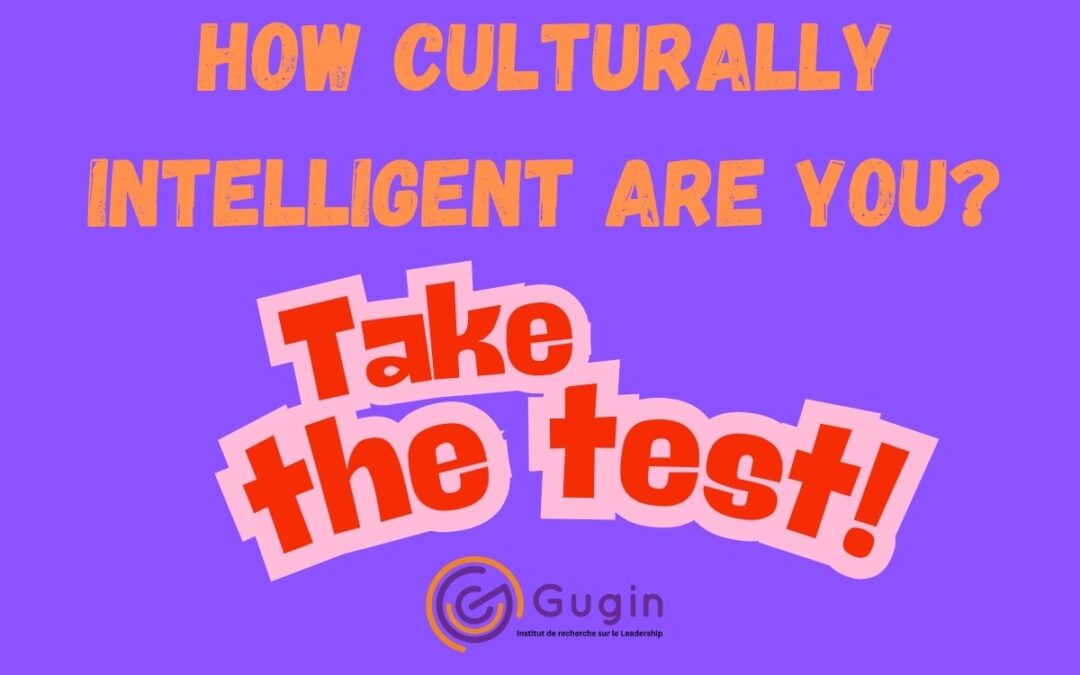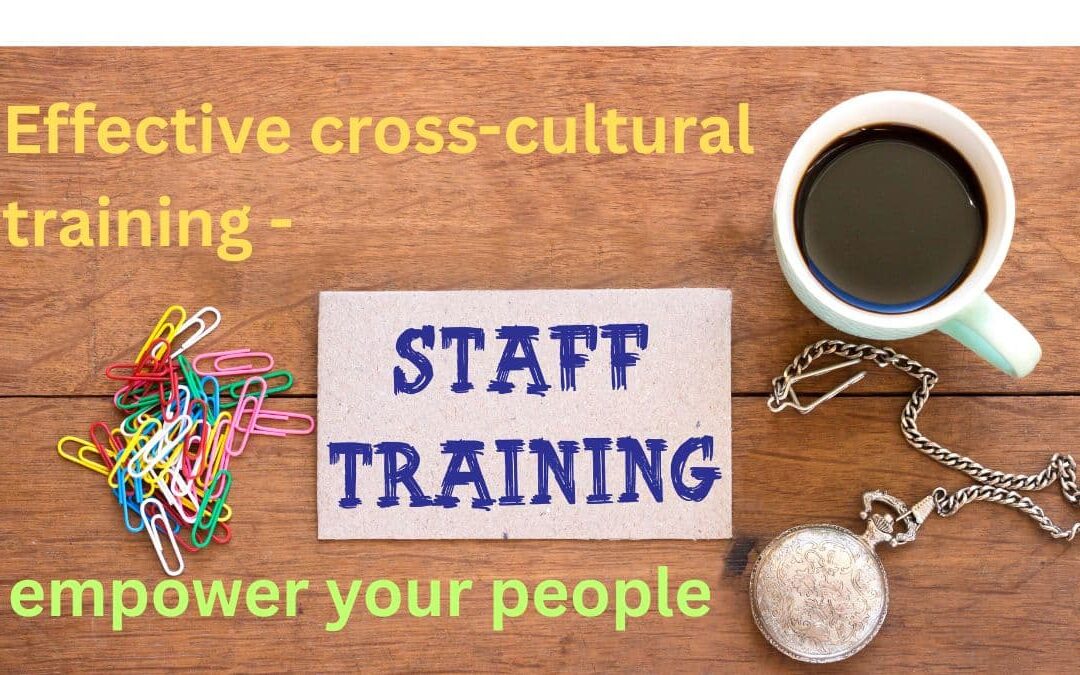
Post-merger integration mistakes
There is not always a clear strategic choice behind a merger or an acquisition.
Sometimes a company is forced into that situation because of a crisis caused by changes in the external environment. Sometimes companies are forced to buy other companies because of pressure from the shareholders who don’t want their investment to possess too much cash. Acquisitions based on these motivators are almost always going to fail, simply because no one running the daily businesses really doesn’t see the point, so they have no motivation to make it successful.The investment banks are never on your side
It is often the norm that a company contact an investment bank when they are looking for a company to merge with or acquire. The investment bank will conduct a due diligence to document whether a possible merger or acquisition will be a good or a bad solution. They will look at the financial performance, the market position, legal obligations, goodwill and almost anything else you can squeeze into a spreadsheet. What they don’t look at is people’s motivation to go to work or people’s motivation to buy that company’s products or services. The investment banks will tell you it can not be measured. But that is simply not true. So when an investment bank is proposing you a candidate to merge with or buy, don’t be so sure they are on your side. You might have a dream about strengthening your company, create better products, get access to new markets. But the investment banks are only interested in getting a signature on a deal so that they can get their commission. I know that for a fact because some of these investment banks have been completely honest with me when I on behalf of Gugin have approached them and suggested that we in addition on the due diligence that they do a cultural due diligence. The purpose of the cultural due diligence is to find out how well two companies for together culturally and before that what are the cultural strengths and weaknesses of your own company. When we have proposed collaboration with the investment banks, some of them told os bluntly that their only aim was to close the deal and they honestly didn’t care whether the transaction was long-term sustainable. Having Gugin on board would only prolong the decision process and in some cases lead to a no-go recommendation, which is bad for business if you are an investment bank on a commission paid out when the deal is signed.How can we help you?
The post-merger integration happens by itself
When Gugin is invited to facilitate the post-merger integration process, we almost always experience different levels of excitement depending on where we look in the organisation. The board of directors and senior executives are usually exited because they have a vision that can become a reality and often they have a substantial financial incentive to be excited too.The middle managers are sceptical, sometimes hostile because they don’t how their position in the hierarchy is going to change, so they start spending all their time protecting their power base and position in the organisation. When they are together with the senior executives they praise the merger or acquisition but when they are with their teams they are on a political campaign to prepare for a fight.The employees don’t care as much as the middle managers, but the most valuable employees will start scanning the market, become more active on LinkedIn, go to more professional conferences where the networking opportunities are good.All this happens because a plan for the integration process isn’t considered from the very beginning. If Gugin comes on board very early in the process we can help figure out if the merger or acquisition is a good idea at all. What is the point merging with another company if your best employees and the majority of your customers leave you? And together we develop a plan for the integration process so people don’t end up insecure about the future and which way the company is heading.You also need someone from outside to facilitate the post-merger integration process, so that you can focus on what you do best – running your business.One of the important things we help you decide is how deep do you want the integration to be. Do you acquire the company and more or less let it be or do you want a complete organisational and cultural integration? We help you make the right choice.And no; the post-merger integration process doesn’t happen by itself, but we lose focus on it over time and leave back a fragmented, ineffective organisation with frustrated employees and dissatisfied customers. That is why you should let someone else facilitate the integration process because if you lose focus on that process and don’t deliver what you have promised your stakeholders you lose both your customers, employees and shareholdersRead more here on how Gugin can work together with you on post-merger integration here:Read more articles on Mergers and Acquisitions
Where Gugin has contributed as an Expert

Take the test – How culturally intelligent are you really?
How culturally intelligent are you? Take this simple test and get and idea. It is one of many small tests Gugin uses in its leadership training
Cross-Cultural Training – crucial for your company’s success
Cross-cultural training boosts your success by enhancing communication, reducing conflict, and building culturally agile teams. Here is why Gugin leads the way.

EU Defence Collaboration Depends on Cultural Intelligence
Emotional and cultural intelligence are key to successful EU defence collaboration, enabling trust, cohesion, and innovation across borders.

Effective cross-cultural training – empower your people
Unlock your organisation’s potential with cross-cultural training that builds understanding, boosts collaboration, and drives inclusive, high-performing teams.

Fear as a Management tool? – Take the Survey
How often do you use fear to motivate? In the Gugin, we are about to start researching on how, when and why we as managers use fear as a management tool

